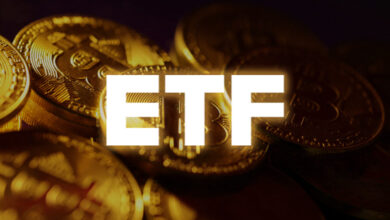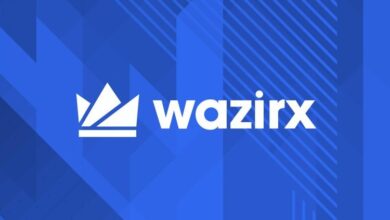Huobi launches HuobiChain in collaboration with Nervos

Huobi Group today announced the public testnet launch of Huobi Chain, an open-source public blockchain designed for providing a global, blockchain-based, digital asset financial infrastructure. The high-performance decentralized finance (DeFi) chain is now live for beta testing. Created in partnership with technical development partner Nervos, Huobi Chain provides a regulator-friendly blockchain framework for financial organizations to deploy DeFi services and applications, including their own blockchains, tokenized assets, payments and identity verification, lending services, decentralized exchanges, and more.
To encourage increased collaboration between regulatory agencies and the private financial sector, Huobi Chain adopts a flexible governance model based on a variation of the Delegated Proof-of-Stake (DPoS) consensus algorithm. This flexible design enables Huobi Chain to support both regulators and enterprises on the blockchain through unique features like regulatory nodes, which allow regulators to contribute to the network as validators.
Industry-standard identity protocols like Know Your Customer (KYC) verification ensures the network meets Anti-Money Laundering (AML) requirements. Huobi Chain also utilizes a Decentralized Identifier (DID) system to provide verifiable, decentralized digital identities on its network, making cross-border compliance and regulation more easily achievable at scale.
Huobi Chain was purpose-built for the financial services industry and is fully open-source to provide the flexibility needed for open financial markets. Its customizable DeFi service protocol allows users and third-party developers to custom-build financial applications to their specific needs and use cases.
Huobi Chain’s high-performance architecture is designed to support high-volume transactions critical to the financial services industry. Features like cross-chain interoperability, multi-asset support, smart contract capabilities, and multi-and-sidechain architectures also provide banks and financial institutions with a highly flexible, globally scalable framework.
The chain’s proprietary asset management capabilities will provide support for a wide variety of on-chain and cross-chain asset management services across popular digital assets like BTC and ETH, as well as Huobi-launched assets like HT, HBTC, and HUSD.
As the world’s first public blockchain with on-chain governance and regulatory framework, Huobi Chain offers innovative features that push the boundaries of blockchain.
Developed to be interoperable with a wide variety of centralized and decentralized networks, Huobi Chain supports user-deployed smart contracts, third-party side-chains, and multiple languages. The testnet currently supports smart contracts written with C programming language but Huobi Chain will provide future support for other programming languages to further expand ecosystem development.
Leading up to the network’s mainnet launch later this year, Huobi will continue leveraging its domain expertise in blockchain and financial technology to explore new opportunities to bolster the financial market infrastructure of Huobi Chain. Current priorities include expanding support for third-party developers and various asset classes, including traditional assets, as well as developing a more robust on-chain framework for compliance and regulation.
Huobi Token (HT), the native ecosystem token of digital asset exchange Huobi Global, will become Huobi Chain’s sole utility token. With a strong community base and brand recognition, HT will play a critical role in Huobi Chain’s ecosystem. HT recently hit new market highs as Huobi expands the token’s utility for the broader blockchain community.
Sun added, “By providing the infrastructure to make financial services more transparent, inclusive, and efficient, we want to help create a more equitable economy where wealth is accessible to all.”





